“Effective Use of Tetracycline Hydrochloride 100g for Horses: Indications, Dosage, and Administration”
Tetracycline Hydrochloride is a broad-spectrum antibiotic widely used in equine medicine for the treatment of various bacterial infections in horses. As a veterinary drug, it belongs to the class of tetracycline antibiotics, which are effective against both gram-positive and gram-negative bacteria, as well as certain protozoal infections. The 100g formulation is a commonly prescribed dosage for systemic or localized infections, providing an affordable and effective option for equine practitioners and owners alike.
What is Tetracycline Hydrochloride 100g for Horses?
This action disrupts the bacteria’s ability to grow and reproduce, making it particularly effective against a wide variety of infections. It is available in several formulations, including oral powders, injections, and topical creams, with the 100g powder being a popular choice in equine veterinary practices.
Composition and Active Ingredients
- Active Ingredient: Tetracycline Hydrochloride 100g
- Inactive Ingredients: Often includes binders, stabilizers, and solubilizers suitable for equine consumption.
Tetracycline Hydrochloride is commonly used for treating infections in horses that may affect the respiratory system, digestive tract, musculoskeletal system, and even the skin.
Indications for Tetracycline Hydrochloride 100g in Horses
Tetracycline Hydrochloride 100g is widely used to treat a variety of bacterial infections and protozoal diseases in horses. Common indications include:
- Respiratory Infections:
- Pneumonia caused by Streptococcus and Actinobacillus pleuropneumonia.
- Gastrointestinal Infections:
- Colitis and enteritis caused by Salmonella or Clostridium.
- Musculoskeletal Infections:
- Septic arthritis, tendonitis, and soft tissue abscesses.
- Skin and Wound Infections:
- Pyoderma and abscesses from bacterial contamination.
- Urogenital Infections:
- Urinary tract infections and postpartum uterine infections.
Tetracycline Hydrochloride is an effective treatment for these infections due to its broad-spectrum antibiotic properties.
Guidelines for Administering Tetracycline Hydrochloride 100g
Dosage guidelines should always be followed according to veterinary recommendations.
Standard Dosage Guide:
| Horse Weight (kg) | Low Dose (10 mg/kg) | High Dose (15 mg/kg) |
| 200 kg | 2 g (2,000 mg) | 3 g (3,000 mg) |
| 400 kg | 4 g (4,000 mg) | 6 g (6,000 mg) |
| 600 kg | 6 g (6,000 mg) | 9 g (9,000 mg) |
| 800 kg | 8 g (8,000 mg) | 12 g (12,000 mg) |
| 1000 kg | 10 g (10,000 mg) | 15 g (15,000 mg) |
Method of Administration
Tetracycline Hydrochloride is typically administered via the oral route (powder mixed with feed or water), but it can also be given via injection (IV or IM) in more severe cases.
A. Oral Administration (Most Common)
- Powder Formulation: The 100g formulation is typically provided as a powder that can be mixed with the horse’s feed or water.
- Mix thoroughly: Ensure the entire dose is mixed well with a small amount of feed to ensure that the horse consumes the entire dose. It is often beneficial to use palatable feed such as sweetened pellets or molasses to encourage the horse to eat the medication.
- Water Solution: Alternatively, you can dissolve the appropriate dose in a bucket of water (ensure it’s well-mixed and ensure the horse drinks all of it).
- Note: Ensure that the medication is not diluted too much to prevent underdosing.
Advantages of Oral Administration:
- Easier to administer compared to injections.
- Non-invasive, reducing the risk of injury or infection.
Disadvantages of Oral Administration:
- Horses may refuse medicated feed if they are not used to the taste.
- Inconsistent intake if the horse does not eat all of the medicated feed or drink the full amount of water.
B. Intravenous (IV) or Intramuscular (IM) Administration
In cases of severe infections, IV or IM injections are sometimes necessary. This method is usually administered by a veterinarian.
- Intravenous (IV): The medication is injected directly into the horse’s vein. This is often used when rapid absorption is needed, such as in cases of severe respiratory infection.
- Intramuscular (IM): The injection is given into the muscle, often on the neck or hindquarters.
Considerations for Injection:
- IM injections can cause localized pain or swelling at the injection site, so proper injection techniques are critical to minimize discomfort.
- IV injections should be done carefully to avoid issues like vein irritation or injection site reactions.
Administration Tips:
- Always use a clean syringe or measuring spoon to ensure accurate dosage.
- Ensure that the medication is mixed evenly if added to feed or water to ensure full consumption.
- Monitor the horse for any adverse reactions or changes in condition during treatment.
Tetracycline Hydrochloride 100g: Potential Side Effects and Safety Guidelines for Horses
While Tetracycline Hydrochloride 100g is an effective antibiotic for treating a wide range of bacterial and protozoal infections in horses, it is important for both veterinarians and horse owners to be aware of the safety guidelines, potential side effects, and precautions associated with its use.
Safety Guidelines
Tetracycline Hydrochloride is considered generally safe when administered according to veterinary instructions, but following key safety guidelines is essential:
1. Correct Dosage and Administration
- Dosage should always be based on the horse’s body weight and the specific condition being treated. Administering the correct dosage is critical to ensuring the antibiotic works effectively and avoids complications.
- Mixing with feed or water: When using the oral form, ensure the medication is thoroughly mixed to guarantee proper dosage.
- IV/IM Administration: If administered intravenously or intramuscularly, make sure it is done by a qualified veterinarian to avoid injury or complications at the injection site.
2. Monitoring During Treatment
- Observe for adverse reactions: Closely monitor your horse during the first few doses to check for signs of allergic reactions or gastrointestinal upset.
- Ensure proper hydration: Horses receiving tetracycline should have constant access to clean water to avoid kidney strain.
Side Effects
Although Tetracycline Hydrochloride is generally safe, some side effects can occur, especially if overused or administered incorrectly. Here are the common and rare side effects to be aware of:
Common Side Effects:
- Gastrointestinal Distress:
Horses may develop mild diarrhea, colic, or loss of appetite during treatment with Tetracycline. These side effects usually subside after discontinuation of the medication. - Local Reactions at Injection Site:
If the medication is given intramuscularly, there may be swelling or mild pain at the injection site. - Dehydration:
Tetracycline can sometimes lead to dehydration, particularly if the horse is not drinking enough water during treatment. Adequate hydration is essential.
Rare Side Effects:
- Photosensitivity:
Tetracycline may cause horses to develop increased sensitivity to sunlight, leading to sunburn or skin rashes. If your horse is treated with tetracycline, avoid exposing them to prolonged sunlight or intense UV rays. - Kidney or Liver Toxicity:
Prolonged or overdosing of Tetracycline Hydrochloride may lead to potential kidney or liver toxicity, though this is rare. Regular blood work can help monitor liver and kidney function during long-term use. - Allergic Reactions:
In rare cases, horses may experience an allergic reaction to tetracycline, including symptoms like swelling, hives, difficulty breathing, or skin rashes. Immediate cessation of the medication and veterinary intervention is required in such cases.
Precautions
1. Pre-existing Conditions
- Renal Impairment:
Horses with renal issues should be carefully monitored when receiving tetracycline, as it can place additional stress on the kidneys. Consider an alternative antibiotic if your horse has pre-existing kidney disease. - Liver Disease:
Horses with liver disease may have an altered metabolism of tetracycline. Liver function should be checked before and during long-term use.
2. Pregnancy and Lactation
- Pregnant Mares:
Always consult a veterinarian before administering tetracycline to pregnant mares. - Lactating Mares:
Tetracycline passes into milk, so avoid using it in lactating mares unless advised by your veterinarian. This could affect the nursing foal.
3. Drug Interactions
Tetracycline Hydrochloride may interact with other medications, including:
- Antacids:
Always space the administration of antacids and tetracycline by several hours. - Penicillin and Aminoglycosides:
Penicillin and aminoglycoside antibiotics can have antagonistic effects when used together with tetracycline. Therefore, they should not be used concurrently unless directed by a veterinarian.
4. Avoid Overdosing
Overdosing can cause serious side effects like kidney damage, liver toxicity, and gastrointestinal distress. Accurate dosing based on the horse’s body weight is crucial to avoid any risks.
When to Contact a Veterinarian
Contact your veterinarian if any of the following occur during treatment:
- Signs of kidney problems develop, such as lethargy, reduced urination, or swelling in the limbs.
- An allergic reaction such as difficulty breathing, hives, or facial swelling
- The horse develops severe photosensitivity, resulting in sunburn or other skin reactions.
Scientific Research Supporting Tetracycline Hydrochloride in Horses
Several studies have validated the effectiveness of Tetracycline Hydrochloride in treating various infections in horses. Research has demonstrated its broad spectrum of activity, especially in treating respiratory, gastrointestinal, and musculoskeletal infections.
1. Tetracycline in Equine Respiratory Disease
A study published in the Journal of Equine Veterinary Science found that Tetracycline Hydrochloride was highly effective in treating bacterial pneumonia caused by Actinobacillus pleuropneumonia and Streptococcus equi in horses. The antibiotic effectively reduced inflammation, fever, and bacterial load in the lungs.
2. Gastrointestinal Infections in Horses
Another clinical study conducted in the early 2000s showed that tetracycline-based therapy was highly effective in treating Salmonella-induced enteritis and Clostridium difficile colitis in horses, significantly improving recovery rates when used alongside supportive care.
Reference:
Petersen, M. M., et al. (2006). Clinical management of Salmonella enteritis in horses treated with Tetracycline Hydrochloride. Equine Veterinary Journal, 38(5), 345–350.
Conclusion
Tetracycline Hydrochloride 100g is a versatile and effective antibiotic for treating a variety of bacterial and protozoal infections in horses. Its wide-ranging therapeutic benefits, including its efficacy in treating respiratory, gastrointestinal, musculoskeletal, and skin infections, make it an essential tool for veterinarians. By following proper dosage guidelines and safety precautions, equine practitioners and owners can significantly improve the health and well-being of their horses. Tetracycline Hydrochloride 100g for Horses stands as a reliable and widely used antibiotic in equine medicine, effectively treating a range of bacterial infections that affect various systems within the horse’s body. Whether it is combating respiratory infections, gastrointestinal disorders, musculoskeletal conditions, or skin infections, this broad-spectrum antibiotic has proven its worth in promoting health and recovery in horses.







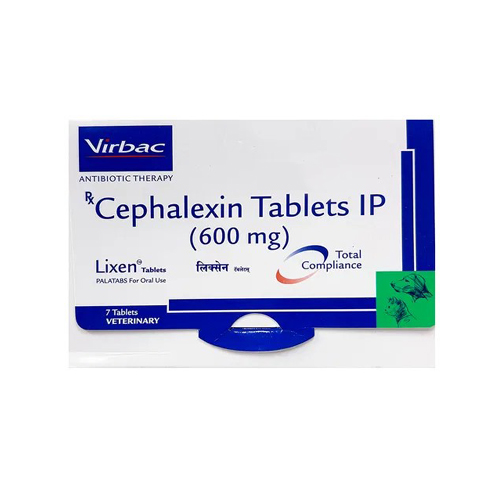
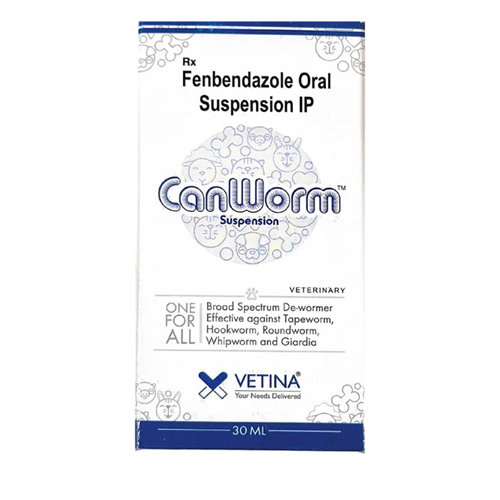



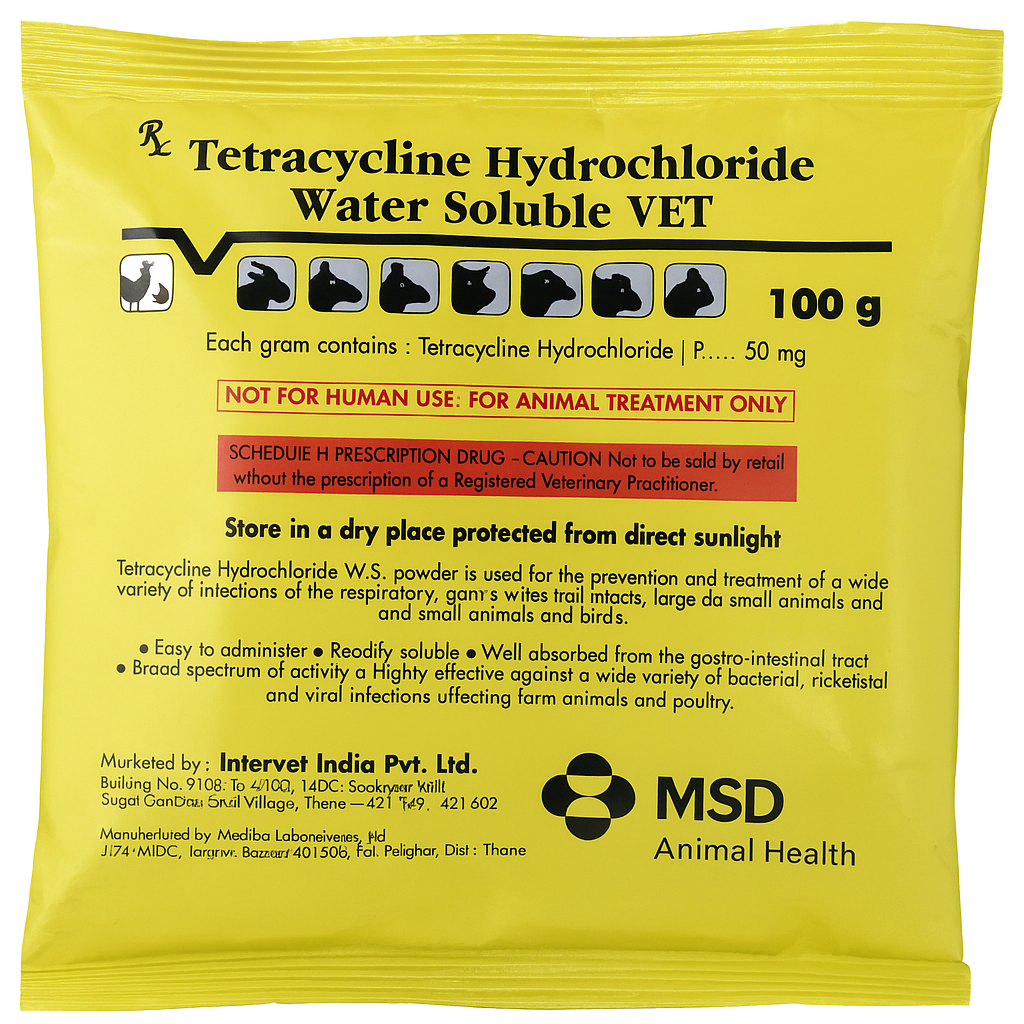
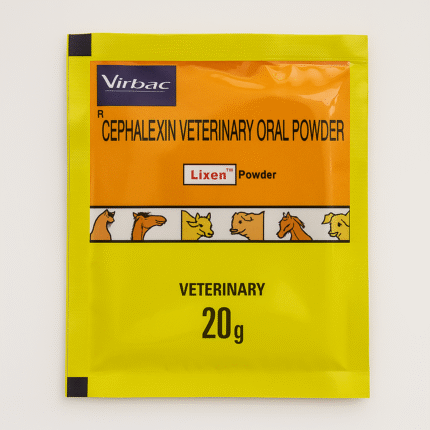


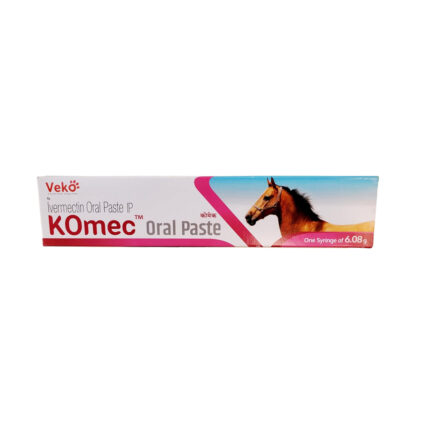
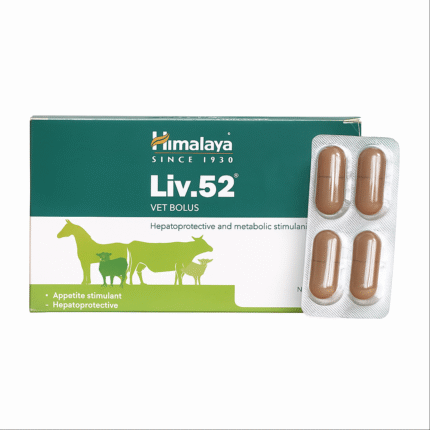
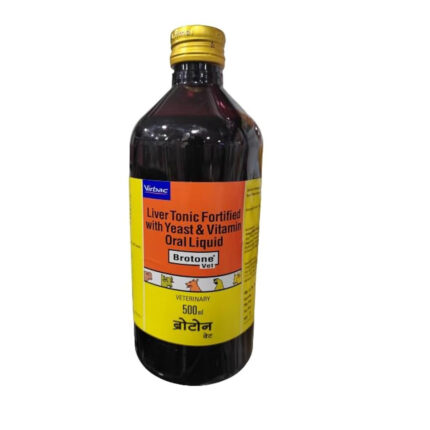
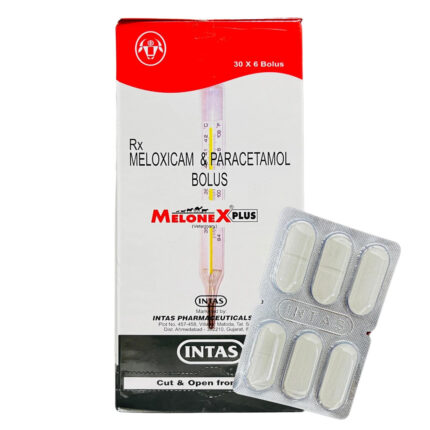
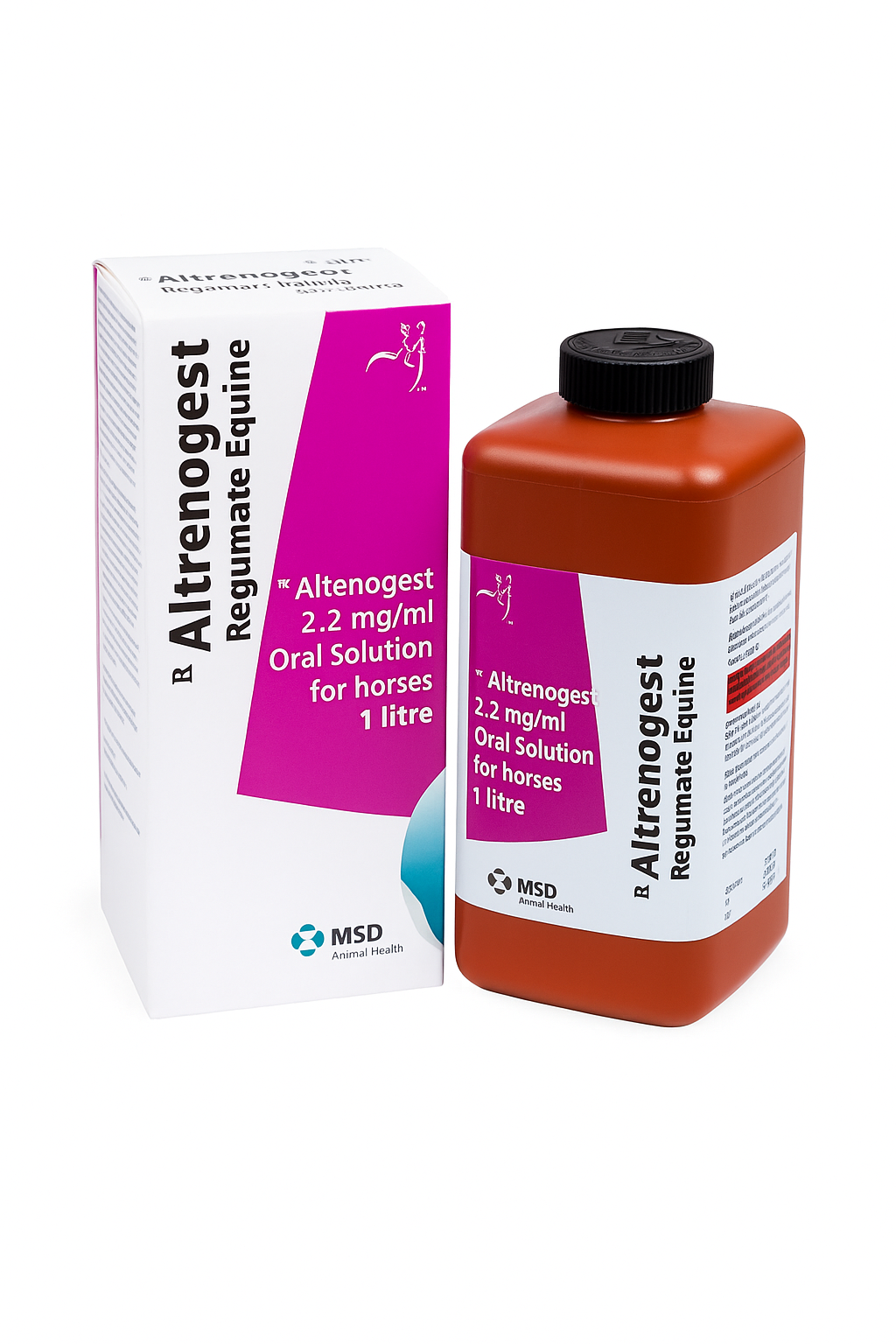
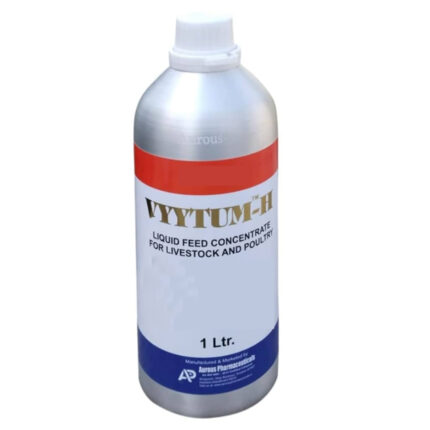
Reviews
There are no reviews yet.